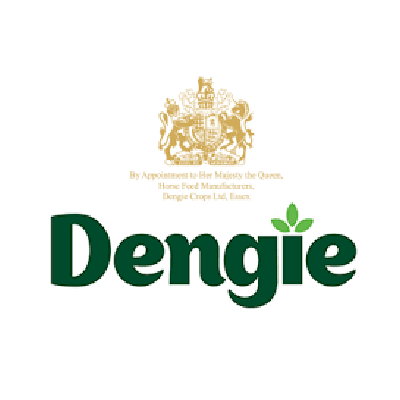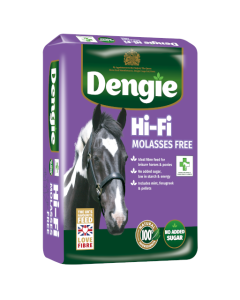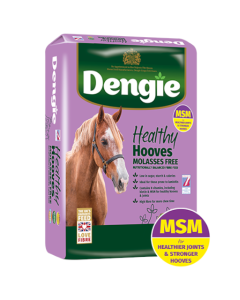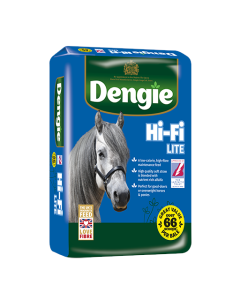Shetlands as we all know are small and hardy animals, who are particularly popular as children’s ponies, companions or even pets due to their lovable characteristics. Despite their small stature, these cheeky animals are very well adapted to their origins in the Shetland Isles, North Scotland. The cold harsh environments have led to the Shetland pony growing a full mane and tail, and a thick coat to protect them when the temperatures drop.
Grazing in the Shetland Isles is sparse due to the cold environment, so the ponies have had to adapt to the lack of pasture available throughout the year. However, due to this, when they are granted access to lavish grassland, it is common for Shetlands to become quickly overweight and pose the risk of laminitis if they are not closely monitored.
Read More: What should we be feeding a laminitis-prone horse?
What should we be feeding our Shetland ponies?
In general, the majority of a Shetland ponies’ diet will be made up of forage and grass, but as previously stated the pasture access may need to be limited to reduce weight gain. The fibre intake of a Shetland pony should be around 1.5% of their body weight, but this can be reduced if they are grazing 24/7. The aim is to ensure they eat enough hay in their diet when the grass is significantly reduced, as the breakdown of the forage in the hindgut influences the internal heating system of the pony, keeping them warm in the colder months. However, methods such as strip and track grazing systems can be used to restrict overweight or laminitis-prone ponies when their access to grass is becoming to lush.
Read More: Managing your horses grazing
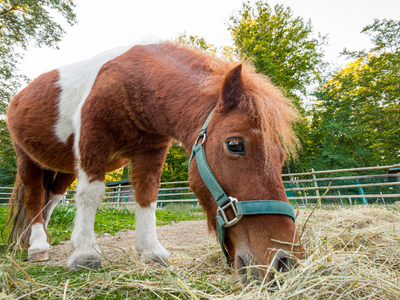

The importance of providing our small friends with vitamins and minerals is paramount, as it would be with any horse. Vitamin and Mineral supplements should be added to their ration to ensure a balanced diet is achieved and many functions in the body are able to perform sufficiently. Supplying a complete feed such as Dengie Healthy Hooves Molasses Free will provide the correct diet and aid joint support and hoof health also. The Healthy Hooves Molasses Free, Hi-Fi Lite, and Hi-Fi Molasses Free are all low in starch, sugar, and calories, making them the ideal feeds for our Shetlands. However, an added balancer or mineral and vitamin supplement should be included with the Hi-Fi Lite and Hi-Fi Molasses Free, as they do not contain the added vitamins and minerals that the Healthy Hooves Molasses Free offers.
Can I feed my Shetland any treats?
Yes, you can definitely give your Shetland treats such as carrots and apples. But these and any other type of sweet treats you are wanting to feed must be done in very small quantities. Treating should not make up a large contribution to your Shetlands overall rations, so keeping it small is better when they are being treated. Moreover, if the treats are not cut down correctly, some ponies may quickly eat a large piece and not chew, posing the risk of the treat getting lodged in the ponies’ throat. As long as the treats are small, your Shetland will be more than happy to take one.
5 treats you can give your Shetland (in small portions):
- Carrot
- Apple
- Turnip
- Watermelon
- Pear

